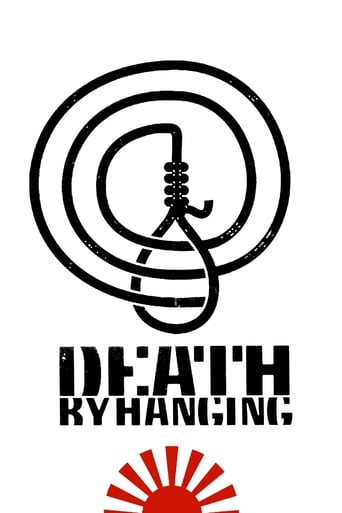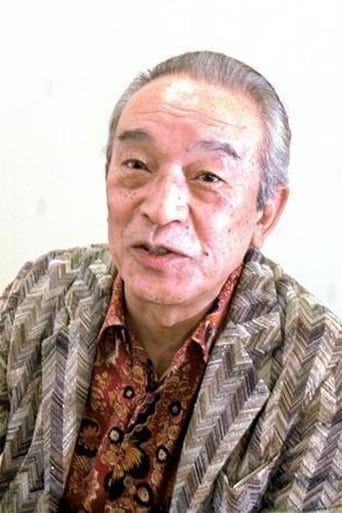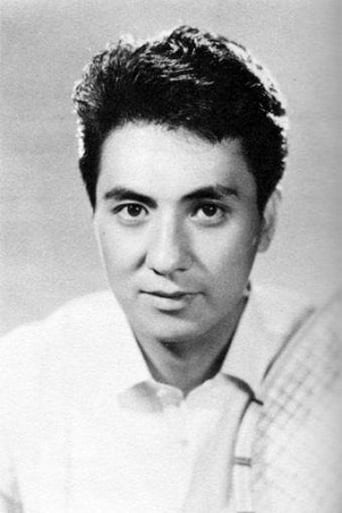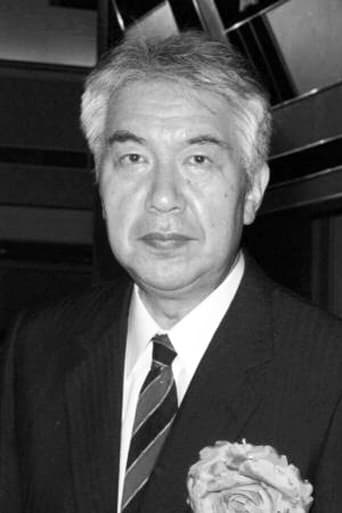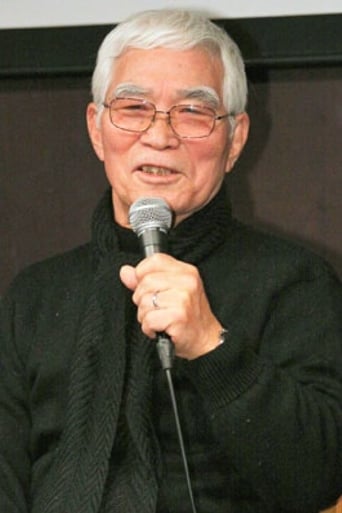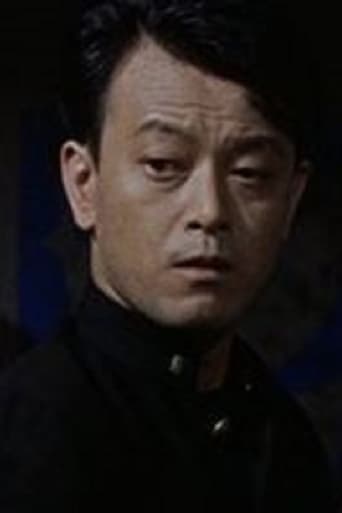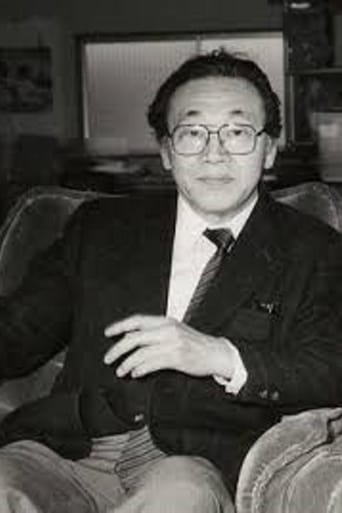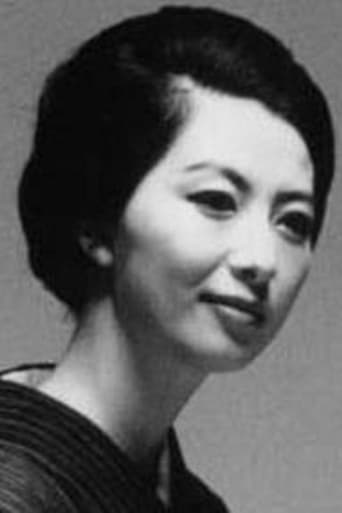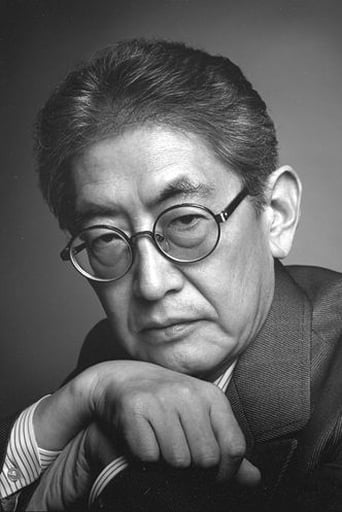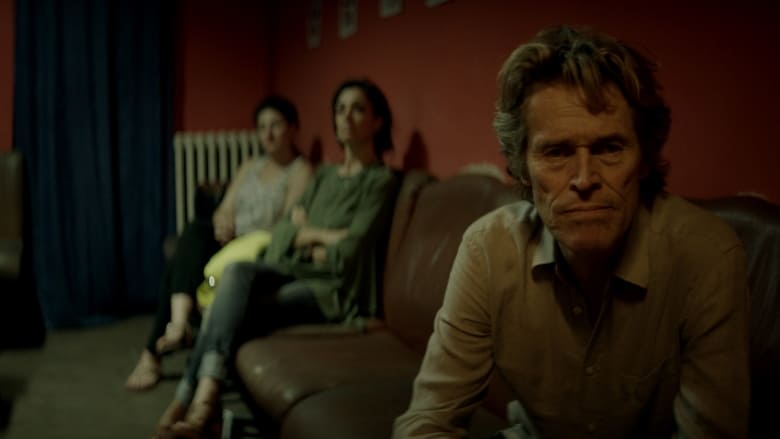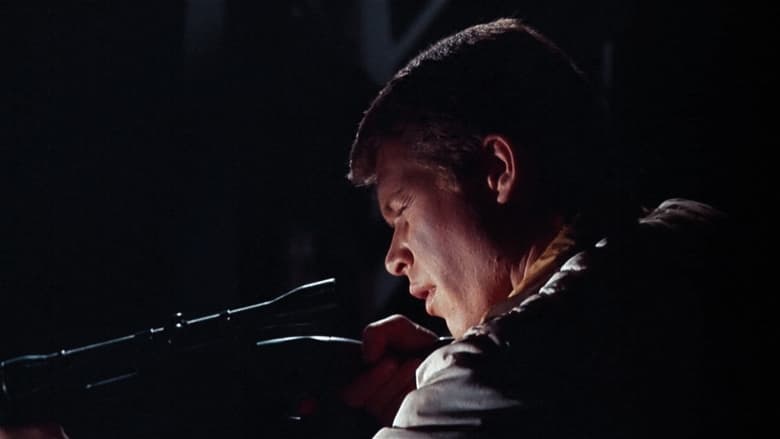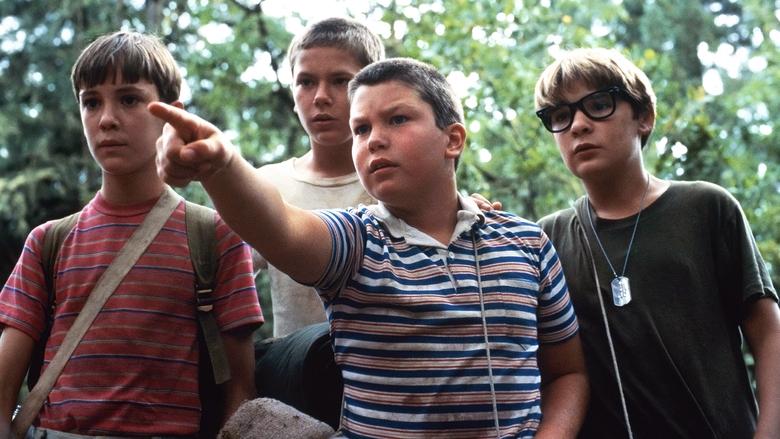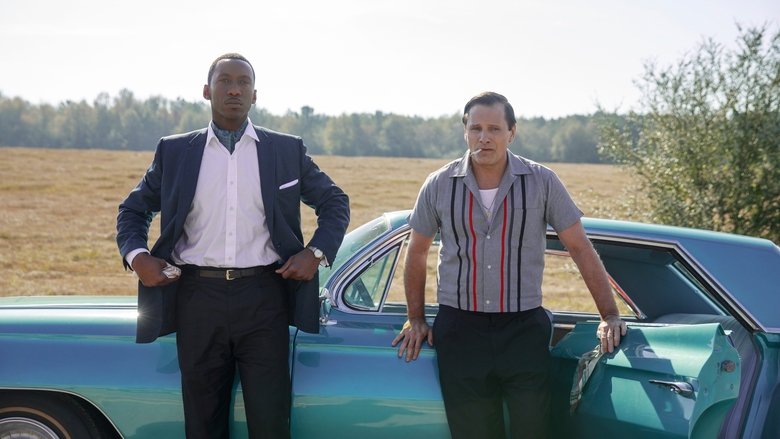A Korean man is sentenced to death in Japan but somehow survives his execution, sending the authorities into a panic about what to do next.


Similar titles

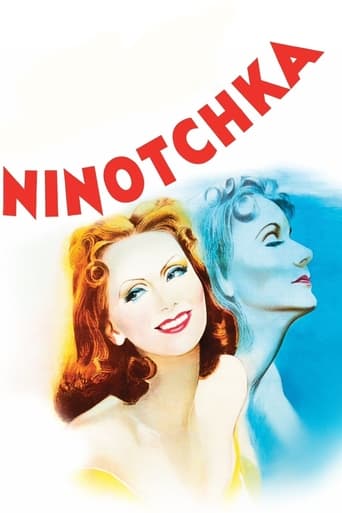
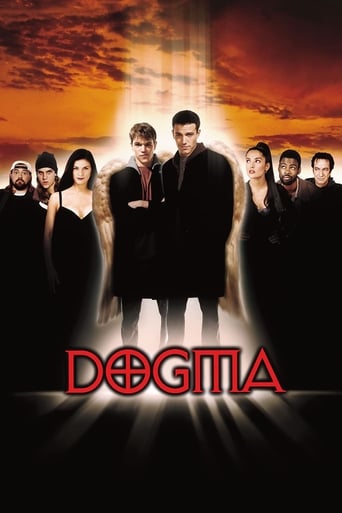

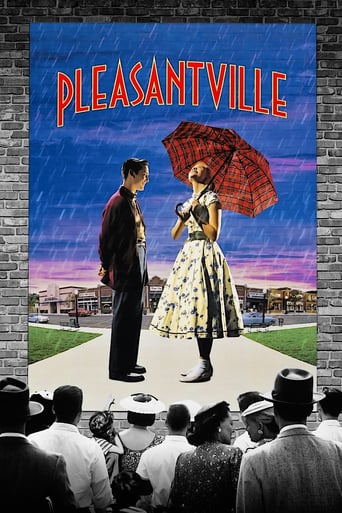



Reviews
As a person who lives in Turkey, our country debates for taking death penalty back to our laws so i can easily see the similarities here. The movie shows us that in whatever case, the death penalty is absolutely not the correct solution. The reason why we discussing about the death penalty is the increasing numbers of rapes and murdering babies, like the movie, the man is charged by raping 2 girls. As we can see in the movie, the execution does not harm the people who has broken the law it also harms the people who runs the execution themselves. First in the movie there is room full of mem who really want to execute him and enjoy the situation, but by the time passes they all come to conclusion that it kills their souls and this is a bad idea to punish people.It's all i have to say for the movie and i would like to also add something,an advice, the governments should teach children in good way and make them avoid the violence that's the only way to get rid of these crimes.
The film begins with a documentary style look at a Japanese execution chamber. An unseen narrator explains that the vast majority of people still support the death penalty before the image shifts across a prison to the death camber itself. This chamber looks old fashioned, quaint even, both from the interior and exterior. As the building seems so archaic it's almost hard to imagine that people are actually brought there to die. One doesn't have to imagine, however, since the execution ritual is quickly and efficiently carried out as soon as the viewer is acquainted with the setting. Everything goes smoothly in this case except for one thing: the guilty man is certainly hanged but he continues to live.After a brief recuperation, R, the condemned man, awakens with a strong case of amnesia. The confused officials quickly reveal themselves as fools without the ability to react critically. They are determined to execute this man again but they won't feel right about it until he remembers who he is and why this is happening to him. The rest of the film consists of various people helping R regain the memories of who he is and how he got into this situation. The actions of the various people are often comically absurd as they attempt reenactments of various parts of R's life including his childhood in a slum reserved for "inferior" Koreans and the murders he has been convicted of. It's often a funny film but the subject matter is too serious for it to be seen as anything but the blackest of comedies.This is very much a social issues film for ardent leftist director Nagisa Oshima and several issues are dealt with including capital punishment (of course), nationalism, racism, violence against women, and the postwar lives of war criminals. There is never any doubt which side Oshima is on for any of these issues: the film is unsubtle if not downright didactic. Still, Oshima's prodigious talent as a film-maker greatly increase the effectiveness of this film and many of these issues are still quite relevant all over the world today. This film is not quite as masterful as 1969's less obvious Boy but it's still a worthy of the attention of people interested in Japanese culture and/or Nagisa Oshima.
In the year 1968 student movements throughout the world were trying to change their respective societies. In America, in France, in Japan, etc. students and those of similar minds took to the streets to change the old order. Activities by the student organizations the Zengakuren, 全学連, and especially the Zenkyoutou, 全共闘, are readily available to readers of the writers Oe Kenzaburo and Murakami Haruki whose viewpoints differ, but who give the reader a detailed account of the student movement. During these years of protest, the Japanese film industry suffered a number of financial setbacks so the old guard of film directors, such as Kobayashi Masaki and Kurosawa Akira, rarely produced films and directors of pink films ruled the roost. However, some of these directors, although their films also contained sex and violence, tried to produce films that had more of a message. One of the most prominent of the Japanese New Wave directors during this time period was Oshima Nagisa whose films The Man Who Left His Will on Film, Violence at Noon, The Ceremony, etc., were quite acerbic towards the establishment. While his films are considered a bit heavy-handed by a number of film critics, Oshima, like Imamura Shohei, was quite concerned with people belonging to the lower strata of society especially during a time period in which they were often left behind by Japan's rapid growth. In his film Death by Hanging Oshima points his camera towards Japan's Resident Korean population.Death by Hanging opens with the Narrator, Oshima Nagisa, asking the audience if they support the death penalty and he goes on to say that more than seventy percent of the Japanese public supports the death penalty. However, he then asks the audience if they have ever seen the inside of the death chamber itself. We, the viewers, then receive a step by step introduction to the environs of the death chamber and we are treated to the hanging of a condemned Korean man who raped and killed two Japanese women. However, there is a problem and that problem is that the body of the condemned man R refused to die. Obviously being that someone who is hanged is supposed to die the prison officials are not sure what to do. It is decided that they will hang him again after he comes to, but after he does he has amnesia. Believing that it would be wrong to hang a man without knowledge of his crime, the prison officials try to recreate the rape and murder scenes for R so that his memory will be revived in order for them to execute him once more. However, this task is not easy .Filmed in 1968 only three years after Japan reopened relations with South Korea and ten years after thousands of Koreans were repatriated to North Korea, Death by Hanging details a number of the discriminations faced by Resident Koreans during the 1960s: poverty, unemployment, poor educational opportunities, and a general sense of disdain by the Japanese populace, although, of course, this was not universal. Death by Hanging also attempts to show the political ideologies of the Resident Koreans, mainly those affiliated with North Korea, in the personage of R's "sister" who says that R's crimes and violence in general is the only way for the Resident Koreans to fight back against Japan. However, after his first execution, R does not seem to still hold onto these same views. A truly bizarre film with some dark humor, Death by Hanging should be watched by those who have an interest in Japanese New Wave films or minority issues in Japan
Oshima is a director who usually leaves you in no doubt about what he thinks, but he goes all out here. This film is a strong polemic against the death penalty as practiced in Japan. The condemned man fails to die, and those in the death chamber panic and wonder what to do. After about five minutes of narration (by Oshima himself), the characters gear into action, using Oshima's chosen method : black farce. This is a very funny film, and all the more so because it confronts some very edgy stuff and often crosses the line to outrage. Oshima, as he often does, attacks Japan's sacred cows head on. As well as the death penalty, he deals with prejudice against Koreans, rape, politics, respect for authority and much more.The acting is excellent, particularly the Korean who plays the condemned man. His calm poise provides an excellent balance to the mania of the officials around him, as they try to make him remember who he is and what he's done.Strong stuff, warmly recommended.
